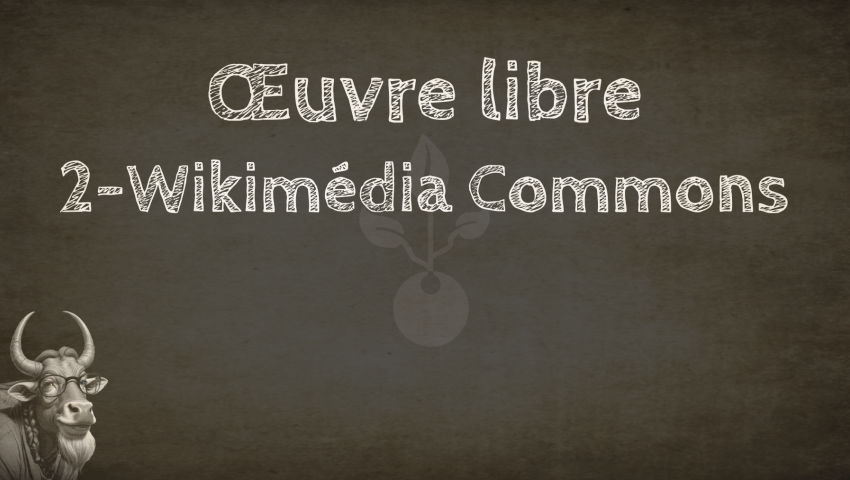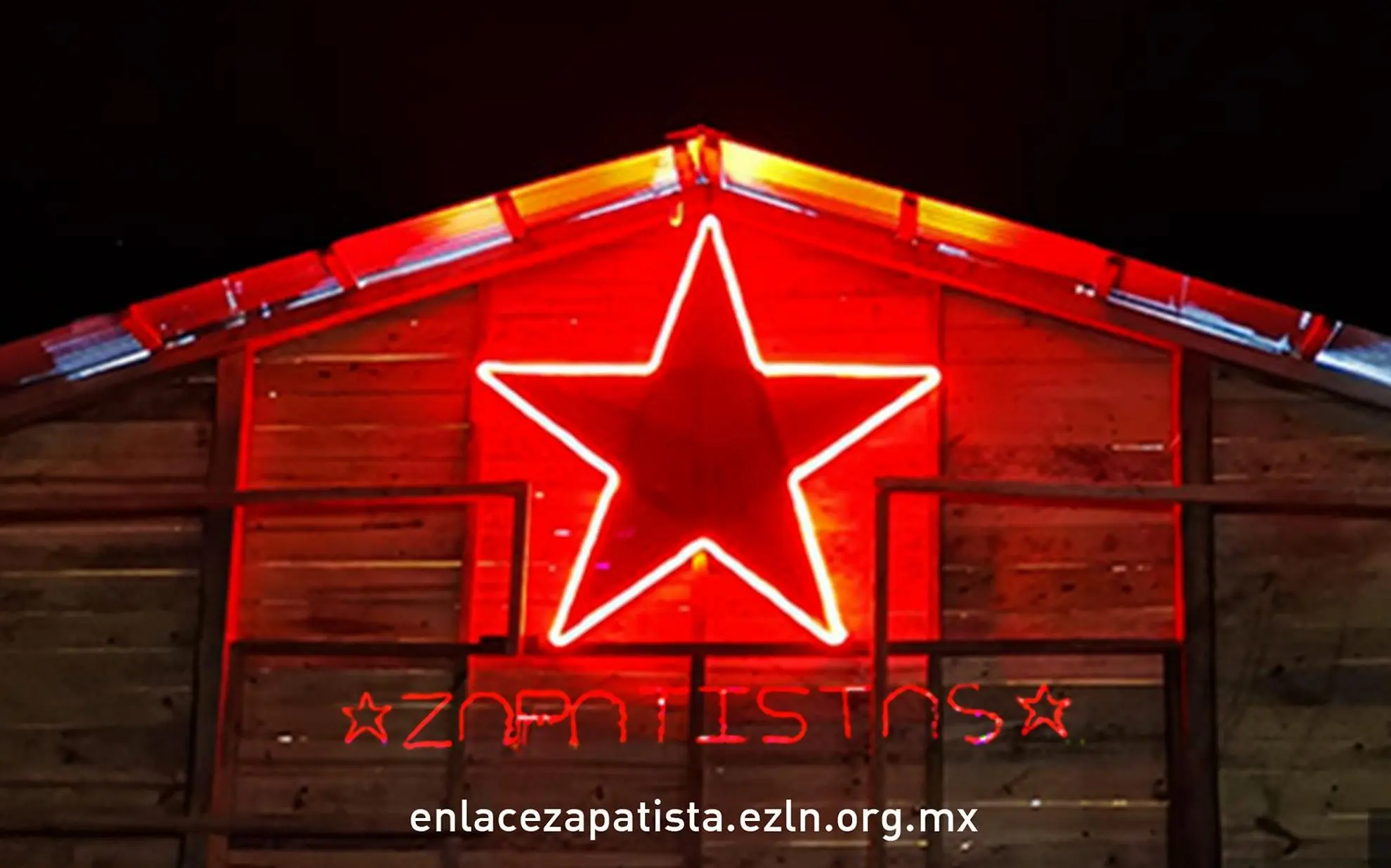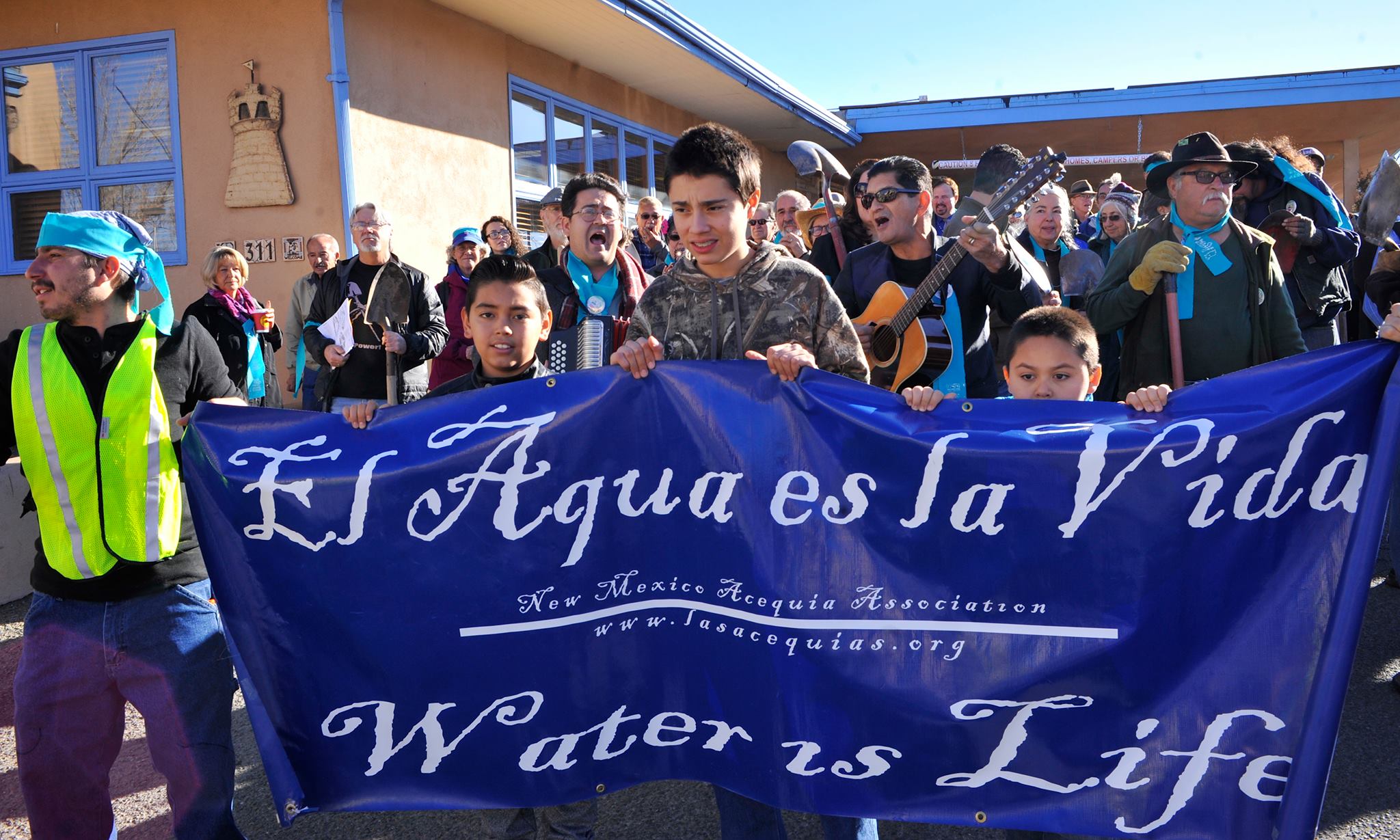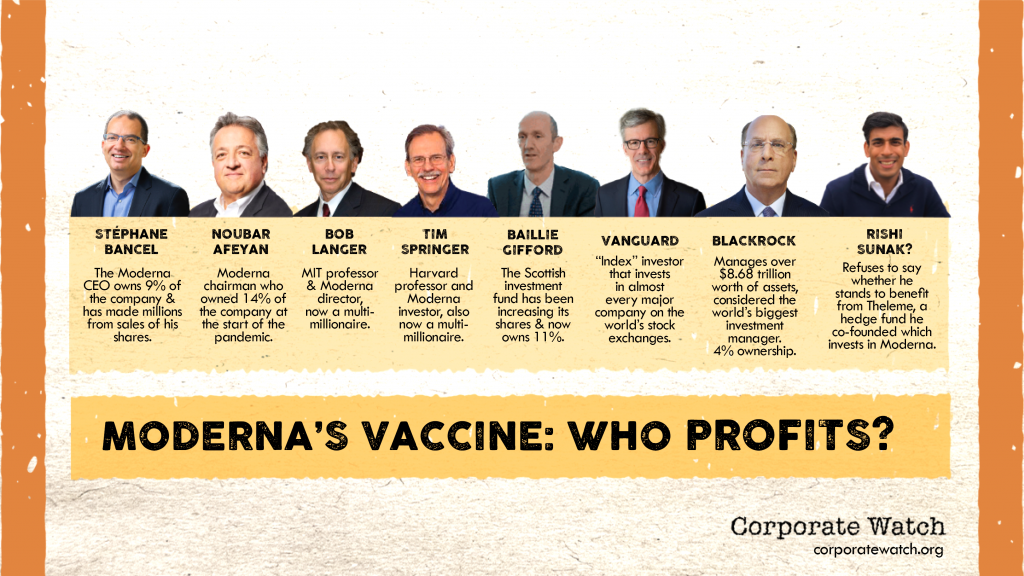Self-organized school clashes with contemporary art institute
When a self-organized collective collides with the inner workings of a white cube institute [or documenta fifteen redux]: the artist-/activist-run school BananSkolen (created by Goodiepal & Pals) got into a foreseeable disaster at Den Frie, a Copenhagen contemporary art space. Here’s the story from the viewpoint of BananSkolen,
DeepL-translated from Danish:
OOOHHH
After three months of exhibiting and teaching at Den Frie, during which the Bananskolen has been subjected to varying forms of accusation, suspicion, massive institutional ignorance and, most recently, a violent accusation of being a source of insecurity for the art gallery’s staff, we now see no alternative but to strike and teach elsewhere. For the record, we outline the process below: Den Frie invites the Banana School/Goodiepal to exhibit in the basement. Thus, large parts of the SMK exhibition Unboxing the Goodiepal Collection will move to Den Frie, and the plan is also to hold Banana School in the exhibition space. In other words, Den Frie will receive four months of free event programming - free for the institution, free for the participants, unpaid for the educators. The basic principle of the Banana School is free school for all, so in that sense everything is as it should be. So far, so good. The Banana School is provided with a small budget, shoots money into the production of the exhibition itself, and both are fine in a way, but from here things start to go wrong. We install our exhibition ourselves (which is unheard of in an institutional context), and some of the first contact we have with Den Frie’s director, Dina Vester Feilberg, is a reprimand for eating and drinking in the art gallery’s café without paying for it - mind you, during our unpaid installation work. By comparison, the art gallery catered for all artists and (paid) staff during the installation process at Another Surrealism. Bananskolen opens on June 18, Dina Vester Feilberg and the exhibition’s curator Iben Bach Elmström have chosen to be on Bornholm for Folkemøde with some real artists that weekend, so the opening is taking place without any attention or support from the institution. Okay okay, we get to have a cake and make some tea for our opening, but we should know that there is no budget for any significant opening event under any circumstances, let alone a dinner (which Den Frie otherwise partly organises). By comparison, there is a decadent baroque dinner with food and wine galore about a week later when Jules Fisher’s performance piece opens. And not a bad word about Jules Fisher or their work - we’ll manage without dinner, of course. The exhibition is open and Banana School is in session. That means free school, concerts, performances etc etc etc, five days a week. With this, to the best of our belief, rather generous gesture, come accusations that we are serving coffee from the café to our (unpaid) teachers and that we are harassing café visitors. With all due respect, there are very few visitors to Den Frie’s café, and we have a good track record of inviting those who drop in to the Banana School. Of course, Dina cannot know all this, because she never shows up at the exhibition, never attends the Banana School events. Life as an art gallery director is understandably busy and pressured, but it is undoubtedly customary for the management of an institution to at least greet the people who exhibit in the building. At the very least, see the exhibition, just once. At least try to relate even slightly to what is being shown. None of this has happened - and then of course it’s easy to sit in your office at the other end of the building and not know that it’s not actually harassing anyone when, for example, the Banana School students sit at the café tables drawing and cutting.
During an otherwise quiet summer in the basement, Den Frie (i.e. Dina) manages to continue accusations against and suspicion of Bananskolen. Among other things, according to Dina, we have no ‘respect for the other artists’. This presumably alludes to the fact that we would have turned down the sound of Jules Fisher - our neighbouring exhibition - something we have only seen the café staff do. Interesting, by the way, that an institution manager who, at this stage, has still barely set foot in our exhibition, chooses to make sense of what ‘respect for other artists’ means - but that’s another matter. Teachers and students at the Bananskolen have also been refused entry to Den Frie’s other exhibitions on several occasions if they do not pay for a ticket. A demand Den Frie is of course within their rights to make, but given the institution’s invocation of ‘respect for other artists’ - and not least the fact that everything that emanates from the Bananskolen is, as I said, free - it’s an interesting form of pettiness to exercise. The suspicion reaches a preliminary climax at the end of August, when Dina - under quite extensive drama - accuses Goodiepal (one of the Banana School’s teachers and founders) of having stolen a cookbook that Den Frie will use to prepare the large-scale artists’ dinner marking the celebration of Another Surrealism (the discrimination hardly needs to be emphasized further, and we are of course fully aware that different exhibitions have different budgets, different importance, more or less great, renowned artists to please, etc.). The accusation of theft is brought forward as if it were some kind of art theft (it is a Taschen edition of Dali recipes), and Dina chooses to continue the accusations (even to outsiders around the Banana School), even after Goodiepal has explained that the book is at the Den Frie, where he found it and read from it. Accusations of theft are blatant - in these times, when Den Frie is making much of jury language about disqualification charges, it would be fair to say that such accusations are indeed defamatory - just as it is undeniably borderline to contact several of the Bananskol’s friends and acquaintances with the same accusations that Goodiepal stole. Goodiepal’s explanation of what happened and his description of where the book is, is being overheard, but when the staff arrive the next morning, the book is of course where Goodiepal has said it is. The crisis is averted, the surreal dinner is prepared and held, but neither the Banana School nor Goodiepal receives a shred of apology for the accusations and drama. No one takes responsibility for the situation, a ‘it wasn’t me’ mentality pervades the staff, the Banana School manages to get talking about the situation and this ‘it wasn’t me’ movement, of course, ends up with Dina, the manager, where communication then stops as Dina, even in this situation, does not feel obliged to deal with the situation in any way. The very same manager, who in numerous newspaper articles and Facebook posts has been quick to ‘take the rap’ for this and that regarding the exhibitions she is behind and the artists she invites in, is thus curiously done taking the rap - not even for her own erroneous accusation of theft. More callous managerial ignoring of a sensitive conflict situation is something you’ll have to look hard for - and while management strategy and labour market welfare are not the Banana School’s core competencies, it seems an unprecedented and beneath contempt case. Goodiepal then takes a break from Bananskolen, and when he returns for the first time after the conflict (on Saturday 17 September), Dina happens to drop by the exhibition space (whether this coincidence and first-time visit has anything to do with the fact that one of Jesper Just’s own employees has stopped by on this particular day, we can only speculate). Still frustrated and upset by the disrespectful treatment and accusation of theft, Goodiepal asks Dina to leave the exhibition until he receives an apology from her/the institution. She brushes it off, and the situation escalates to the point where Dina accuses Goodiepal of laying a hand on her (after walking into his extended finger pointing at the door he is asking her to leave as long as he/Banana School has not received an apology). When it becomes clear that Dina has no intention of following his recommendation, Bananskolen instead moves out of the room and continues the day’s program outside Dem Frie. On 21 September, Bananskolen then receives an email, the death blow if you like, from Dina, accusing Bananskolen/Goodiepal of being fundamentally unwelcoming. She describes how ‘several employees are uncomfortable coming to work’, but won’t answer which ones. 'The only staff the Banana School has regular contact with are, by their very nature, the café staff, as neither the management nor the curatorial staff show any interest in our work, but if we can create insecurity right up the management and curatorial corridors, which we are completely ignored by, it really is a mystery. If, on the other hand, café staff feel unsafe or intimidated by the activities of the exhibition, this is of course something we will take into account and address - no one should feel uncomfortable in the Banana School setting. Unfortunately, the consequence of all this is that the Banana School will have to go on strike - five weeks early. Obviously, we cannot carry out our activities in a space where people are uncomfortable - especially when we are not allowed to know who is experiencing this uncomfortableness.
However, before the Banana School disappears completely, it is imperative for us to stress that we have never before experienced the same level of disrespectful treatment from an institution. We’ve put up with a lot of suspicion and a lot of accusations - from coffee theft to art theft - but for the institution and management to now turn their complete lack of respect and interest in our work into us being the ones who are unsafe and harassing, well, that’s really the last straw. When Dina is faced with the prospect of the Banana School closing (five weeks early!), her email tone is immediately cooperative, we are immediately offered assistance to take down the exhibition - an assistance we hardly need repeat that we were not given to install the exhibition. Dina’s enthusiasm for getting the Banana School out of the house without even an approximate attempt to resolve the conflict is the clearest underlining of her fundamental dislike of us - it is in itself hurtful and personally insulting, but it is above all a managerial failure of dimensions. After an almost unfathomable level of ignorance from a manager to her own exhibition programme during the first three months of the exhibition, the same manager sends an unpleasant and accusatory email (in)directly pushing us out of Den Frie. We have never seen - and in fact cannot imagine - an artistic director who fails all parts of her responsibility more than Dina Vester Feilberg. As much as we wish future artists and exhibitions at Den Frie the best of luck, we hope that this course of action has consequences - above all on a personal level, so that Dina in her future art career will be a little better at practicing the basic life lesson that everyone - artists and people alike - should be treated with respect, no matter if they’re called Ryan Trecartin or Isa Genzken or Rosemarie Trockel or some-name-you-never-come-to-remember-because-it’s-just-a-young-not-academically-educated-person-you-don’t-know-from-e-flux.
The Banana School is of course sorry that what started as a lovely invitation and an exciting project has to end like this, but after this outline of the process (which incidentally omits several small, passive-aggressive, suspicious remarks and more thorough descriptions of the daily indifference our exhibition and programme have been met with from the institution), we hope there is no doubt why we have chosen to make this decision. And that it is in the very highest degree Den Frie, in particular Dina Vester Feilberg, and not Bananskolen, that is responsible for the situation having escalated in the way it has. Thank you for a wonderful few months to all the truly talented and kind and generous people who have contributed to and participated in the Banana School.
Thanks to Peter and Søren.
We go on strike, but eventually ask the question: why invite us in the first place?
Greetings Bananskolen
#art #contemporaryart #self-organization #commons #lumbung
https://sisterjohnny.org/OOOoooOoohhhhh.html















